Faculty Members / Research Areas
Professor
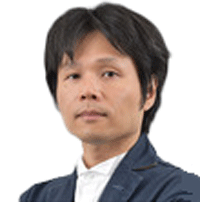
KOHNO Takashi
Professor
Komaba Campus
Grad: SOE-EEIS
Dept: ー
Neuromimetic Systems: mimicing the nervous system to achieve robust and intelligent information processing systems
We study silicon neuronal networks as a foundation for the next-generation brain-compatible AI. Our approach is multidisciplinary over phenomenological, constructive, and theoretical fields. Anyone interested in the electronic circuit design and nervous system modeling are welcome.

KOHNO Takashi
Professor
Neuromimetic Systems: mimicing the nervous system to achieve robust and intelligent information processing systems
We study silicon neuronal networks as a foundation for the next-generation brain-compatible AI. Our approach is multidisciplinary over phenomenological, constructive, and theoretical fields. Anyone interested in the electronic circuit design and nervous system modeling are welcome.
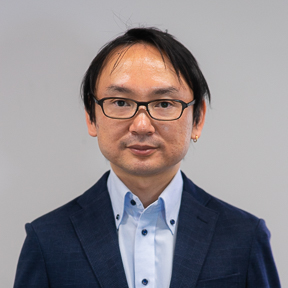
KOBAYASHI Tetsuya
Professor
Komaba Campus
Grad: SOE-EEIS
Dept: ー
Mathematics and Informatics for Understanding Living Systems
We aim to uncover the design principles of information processing and robustness in biological systems by integrating theoretical and informatics approaches to various biological quantitative data.

KOBAYASHI Tetsuya
Professor
Mathematics and Informatics for Understanding Living Systems
We aim to uncover the design principles of information processing and robustness in biological systems by integrating theoretical and informatics approaches to various biological quantitative data.
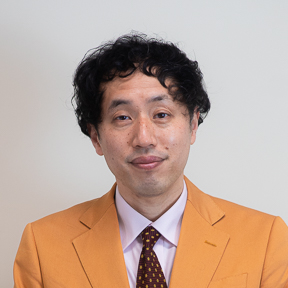
SEKINO Masaki
Professor
Hongo Campus
Grad: SOE-EEIS
Dept: EE
Electronics for imaging and stimulation of brain and living bodies
Our researches focus on biomedical devices and artificial intelligence covering highly sensitive sensor for detecting magnetic fields arising from neurons, stimulation of neurons using pulsed magnetic fields, and magnetic sensor for diagnosis of tumor metastasis.

SEKINO Masaki
Professor
Electronics for imaging and stimulation of brain and living bodies
Our researches focus on biomedical devices and artificial intelligence covering highly sensitive sensor for detecting magnetic fields arising from neurons, stimulation of neurons using pulsed magnetic fields, and magnetic sensor for diagnosis of tumor metastasis.
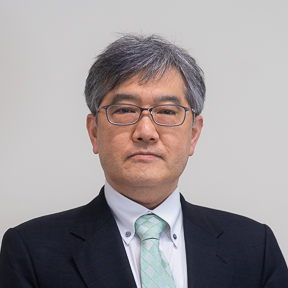
TABATA Hitoshi
Professor
Hongo Campus
Grad: SOE-EEIS
Dept: EE
Brain-mimicking Beyond AI devices using spin waves and fluctuations and quantum technology for information processing and medical engineering applications
Research on brain-mimetic devices utilizing spin fluctuation, focusing on the spinciple that signal processing in neurons is equivalent to the Hamiltonian of a physical property called spin glass. Also, research is being conducted on applying spin wave quantum interference, resonance tunneling phenomena, and stochastic resonance principles, which can be operated at room temperature, to information processing devices to achieve low power consumption, and on ultra-sensitive measurement of bio-related information such as magnetoencephalography, magnetocardiography, and body gases.

TABATA Hitoshi
Professor
Brain-mimicking Beyond AI devices using spin waves and fluctuations and quantum technology for information processing and medical engineering applications
Research on brain-mimetic devices utilizing spin fluctuation, focusing on the spinciple that signal processing in neurons is equivalent to the Hamiltonian of a physical property called spin glass. Also, research is being conducted on applying spin wave quantum interference, resonance tunneling phenomena, and stochastic resonance principles, which can be operated at room temperature, to information processing devices to achieve low power consumption, and on ultra-sensitive measurement of bio-related information such as magnetoencephalography, magnetocardiography, and body gases.
Associate Professor
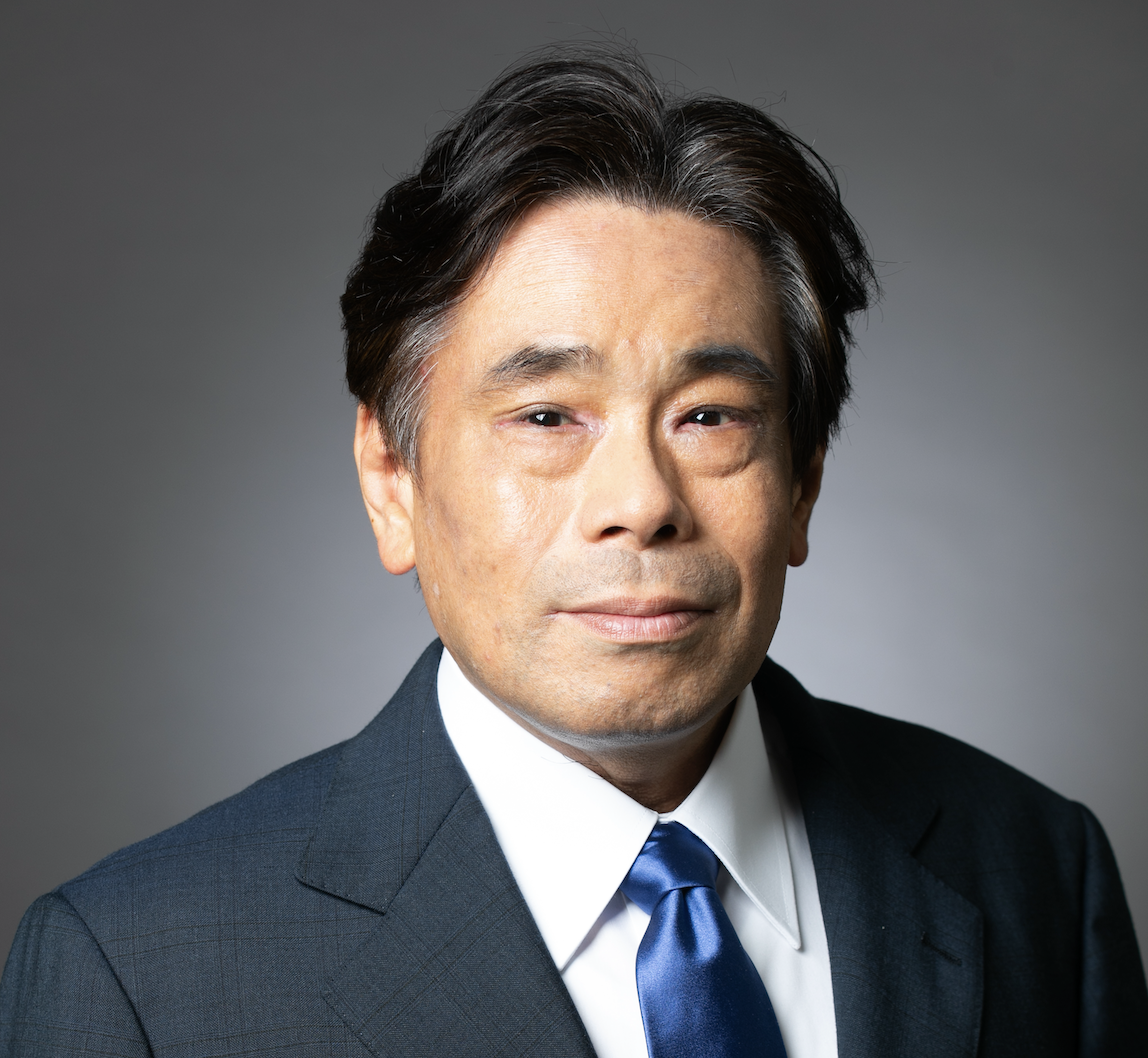
MATSUI Hiroaki
Associate Professor
Hongo Campus
Grad: SOE-EEIS, (※)
Dept: EE
Development of biological and energy applications based on nano-optical technology
Using nano light technology, the creation of biomolecular information sensing, biological defense technology, and energy -saving technology

MATSUI Hiroaki
Associate Professor
Development of biological and energy applications based on nano-optical technology
Using nano light technology, the creation of biomolecular information sensing, biological defense technology, and energy -saving technology